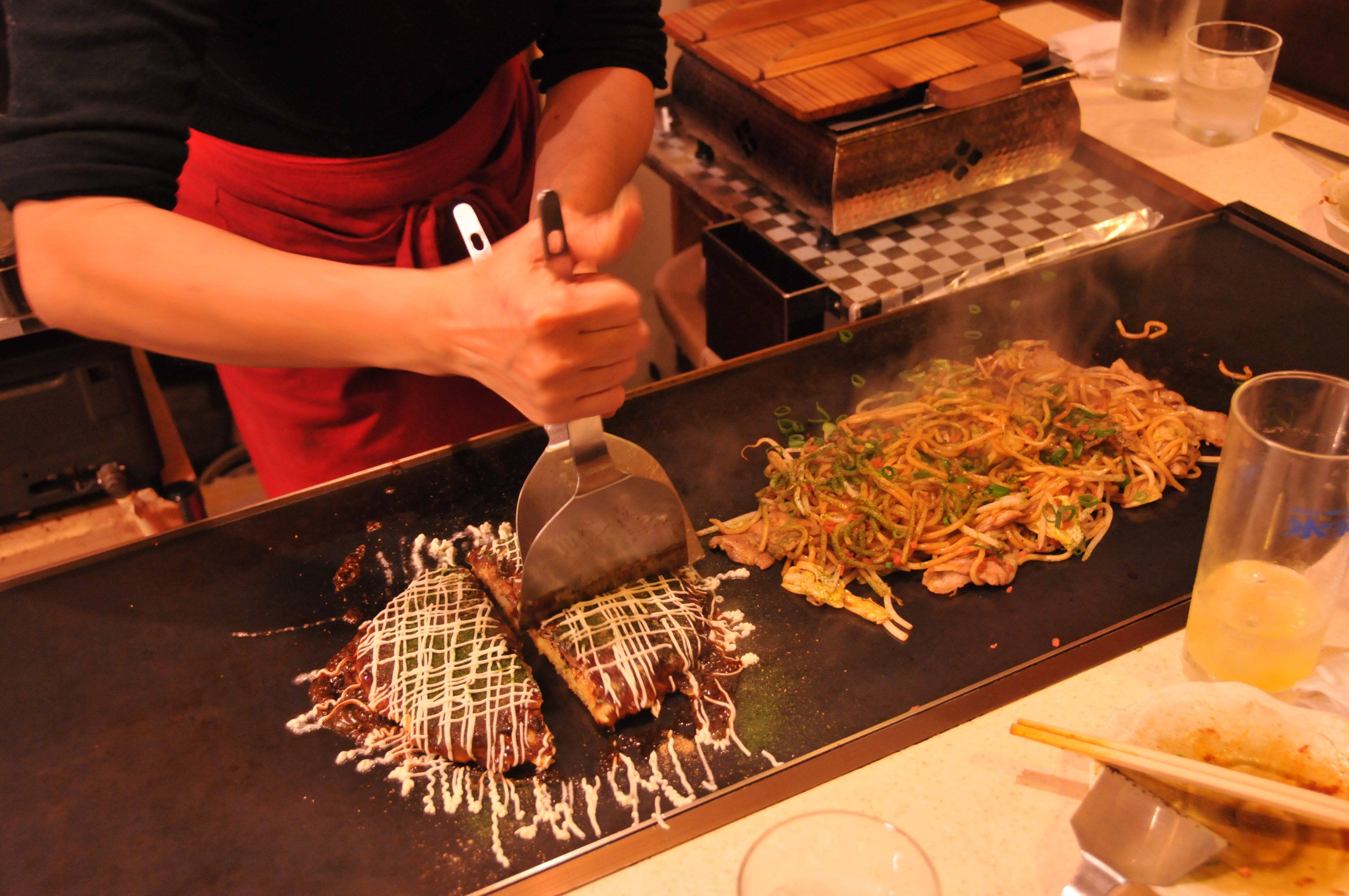One approach to acquiring new vocabulary that I've always found effective is to seek out the 反対語 (hantai-go, antonyms) of words. To prove my point, how about looking at words that relate to "good" and "bad," which are about as opposite as you can get.
The word for good, 良い (yoi, also read ryō), is often written using only hiragana. However, sticking with the kanji opens the door to many words, since 良 can be used as a descriptive prefix to indicate that anything is good, such as 良馬 (ryōba, a fine horse).
Yoi, or ryō, work equally well with abstract meanings, such as 良心 (ryōshin, literally a good heart, i.e. one's conscience) as used in expressions like 彼の良心が咎める (kare no ryōshin ga togameru, his conscience pricks him).


















With your current subscription plan you can comment on stories. However, before writing your first comment, please create a display name in the Profile section of your subscriber account page.